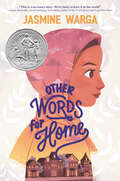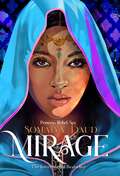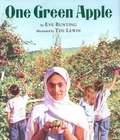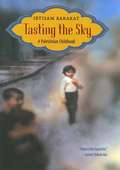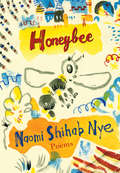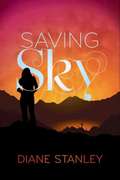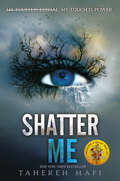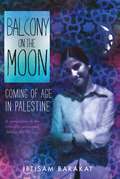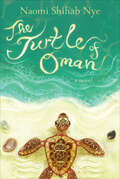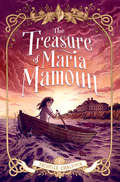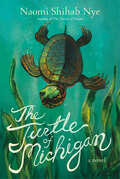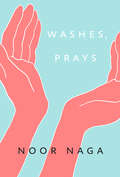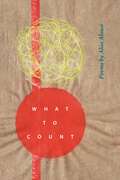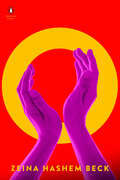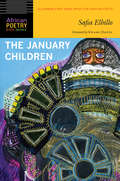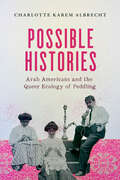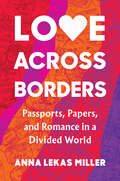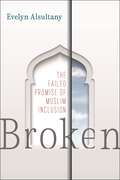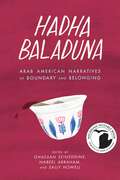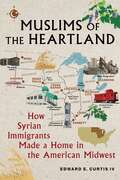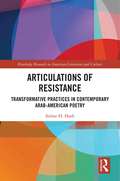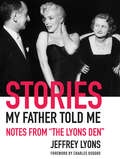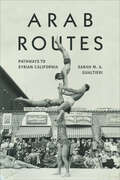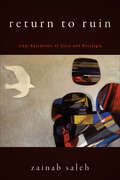Special Collections
Arab American Book Award
- Table View
- List View
| Year | Category | Award | Title | Author | Date Added | Action |
|---|---|---|---|---|---|---|
| 2020 | Young Adult / Children | Honorable Mention |
|
Jasmine Warga | 11/10/2020 | |
| 2019 | Young Adult / Children | Honorable Mention |
|
Somaiya Daud | 01/03/2020 | |
| 2007 | Young Adult / Children | Winner |
|
Eve Bunting and Ted Lewin | 04/02/2018 | |
| 2008 | Young Adult / Children | Winner |
|
Ibtisam Barakat | 04/02/2018 | |
| 2009 | Young Adult / Children | Winner |
|
Naomi Shihab Nye | 04/02/2018 | |
| 2011 | Young Adult / Children | Winner |
|
Diane Stanley | 04/02/2018 | |
| 2013 | Young Adult / Children | Honorable Mention |
|
Tahereh Mafi | 04/02/2018 | |
| 2014 | Young Adult / Children | Winner |
|
Yvonne Wakim Dennis and Maha Addasi | 04/02/2018 | |
| 2017 | Young Adult / Children | Honorable Mention |
|
Ibtisam Bakarat | 04/02/2018 | |
| 2015 | Young Adult / Children | Winner |
|
Naomi Shihab Nye | 04/02/2018 | |
| 2017 | Young Adult / Children | Winner |
|
Michelle Chalfoun | 04/02/2018 | |
| 2023 | Young Adult | Honorable Mention |
|
Naomi Shihab Nye | 09/10/2024 | |
| 2021 | The George Ellenbogen Poetry Award | Winner |
|
Noor Naga | 03/23/2023 | |
| 2024 | Poetry | Honorable Mention |
|
Alise Alousi | 09/10/2024 | |
| 2023 | Poetry | Winner |
|
Zeina Hashem Beck | 09/10/2024 | |
| 2018 | Poetry | Winner |
|
Kwame Dawes and Safia Elhillo | 01/04/2019 | |
| 2024 | Nonfiction | Honorable Mention |
|
Charlotte Karem Albrecht | 09/10/2024 | |
| 2024 | Nonfiction | Winner |
|
Anna Lekas Miller | 09/10/2024 | |
| 2023 | Nonfiction | Honorable Mention |
|
Evelyn Alsultany | 09/10/2024 | |
| 2023 | Nonfiction | Winner |
|
Nabeel Abraham and Sally Howell and Dunya Mikhail and Yousef Alqamoussi and Teri Bazzi and Hayan Charara and Mai Jakubowski and Jeff Karoub and Rania Matar and Geri Alumit Zeldes and Hanan Ali Nasser and Yasmine Rukia and Kamelya Omayma Youssef and Ghassan Zeineddine | 09/10/2024 | |
| 2023 | Nonfiction | Winner |
|
Edward E Curtis IV | 09/10/2024 | |
| 2021 | Nonfiction | Honorable Mention |
|
Sirene Harb | 03/23/2023 | |
| 2021 | Nonfiction | Winner |
|
Charles Osgood and Jeffrey Lyons | 03/23/2023 | |
| 2021 | Nonfiction | Winner |
|
Sarah Gualtieri | 03/23/2023 | |
| 2022 | Nonfiction | Honorable Mention |
|
Zainab Saleh | 03/23/2023 |
